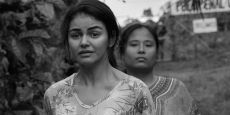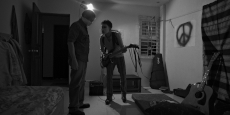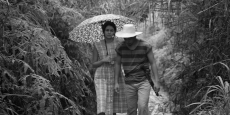PHANTOSMIA
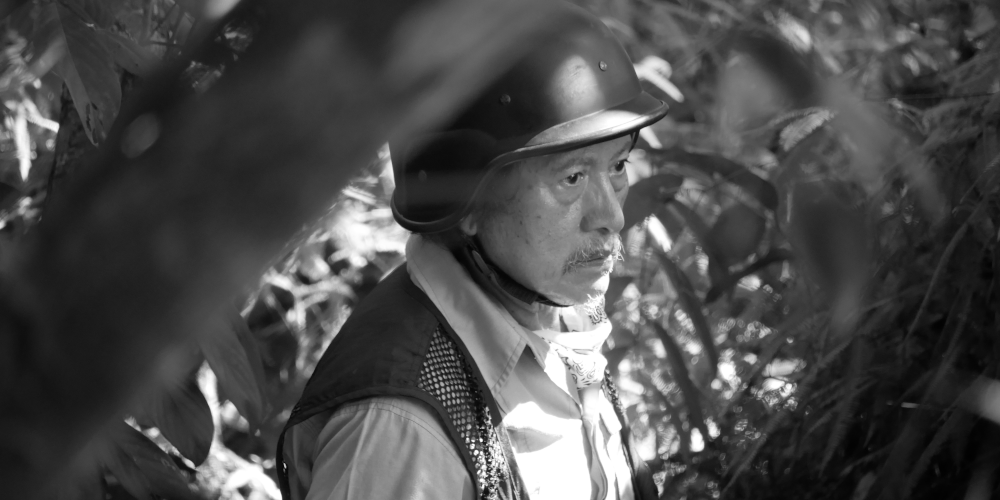
2024, 246 minutes, The Philippines, 1.78, Black & White, 5.1 Sound, in Tagalog with English subtitles
Sales/Festivals: Diversion (Thailand)
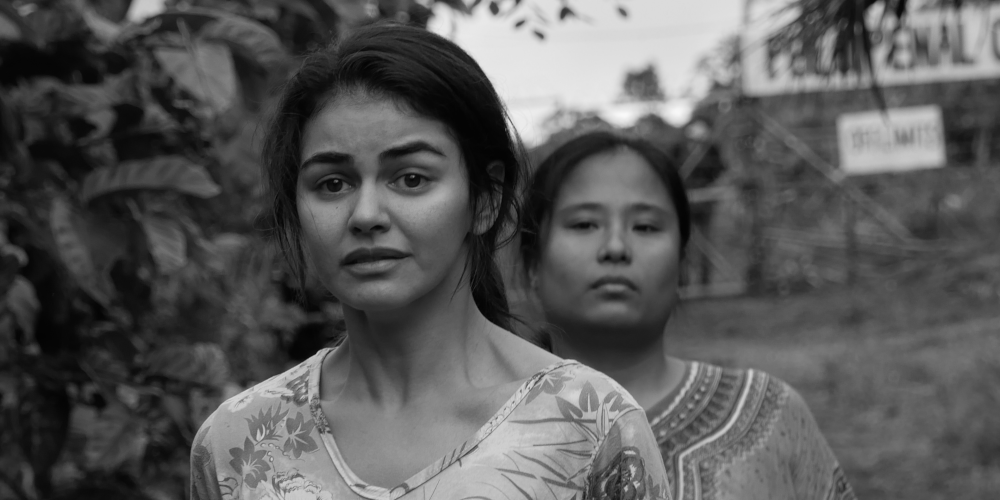
Synopsis:
Hilarion Zabala’s mysterious olfactory problem has recurred; a counselor/psychiatrist suspects it to be a lingering case of phantosmia, a phantom smell, and possibly caused by trauma, a deep psychological fracture. One recommended radical process to cure the ailment was that Hilarion must go back and deal with the darkest currents of his past life in the military service. Reassigned in the very remote Pulo Penal Colony, he must also confront the horrific realities of his present situation.
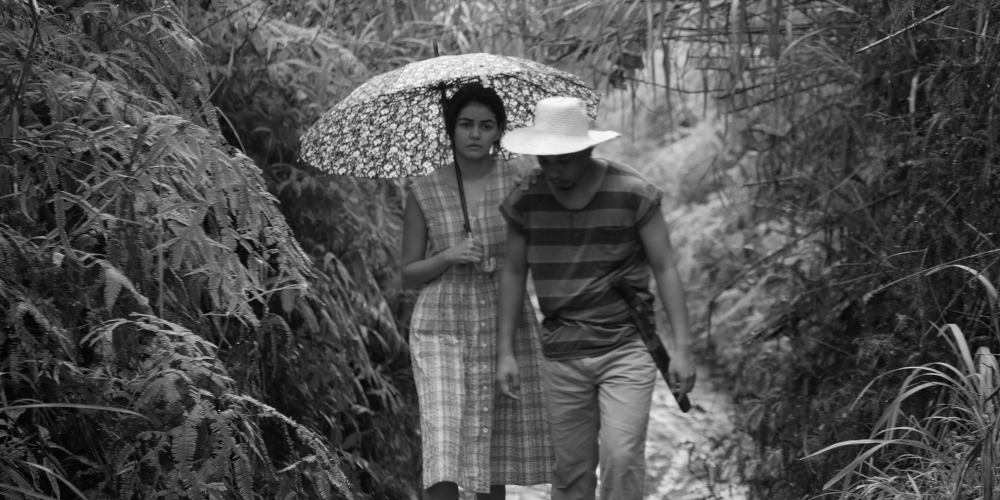
Director's Statement
Do human beings have the right to kill other human beings? A big part of the story of Phantosmia is about this discourse, and other questions about man’s existence. One of the main protagonists of the film is a retired military officer. All his life, he has done military and police services and most of those experiences were burdened by violence with institutional sanction. Even his upbringing is laden with violence, because of his father’s perspective on dealing with life’s challenges—that man must be tough, mentally and physically. He remembers waking up every morning and the very first words he heard were “You are a fighter!” and “You are a warrior!”; and the very first exercises would be about how to use a gun and how to fight. Thus, he became a true fighter and a warrior, by his own reckoning, but a very violent one, and he believed then that violence was part of his duty, and it is a natural attribute of the military and police institutions. These kinds of conditionings have profoundly spawned fascist, authoritarian, feudal and barbaric setups.

About the Director:
Lavrente Indico Diaz aka Lav Diaz is a filmmaker from the
Philippines who works as director, writer, producer, editor,
cinematographer, poet, composer, production designer and
actor all at once. He is especially notable for the length
of his films, some of which run for up to eleven hours. That
is because his films are not governed by time but by space
and nature. His films are about the social and political
struggles of his motherland and through these, he has
garnered the admiration of the international festival
circuit.
Since 1998 he has directed twelve films, and won several
international awards. His 2002 film Batang West Side won
Best Picture at the Singapore International Film Festival,
plus awards at the Independent Film Festival of Brussels,
Gawad Urian, and Cinemanila International Film Festival. He
also received a Gawad Urian for his 2005 film Evolution of a
Filipino Family and Special Jury Prize at the Fribourg
International Film Festival in 2006 for Heremias, Book
One. His film Death in the Land of Encantos,
was the closing film of the Orizzonti section of the Venice
Film Festival 2007, and was awarded a Golden Lion Special
Mention. His 2008 eight-hour film Melancholia, a
story about victims of summary executions, won the Orizzonti
Grand
Prize at the 65th Venice International Film Festival in
2008, and Florentina Hubaldo, CTE has received Best
Film at Images Festival, Toronto and Jeonju International
Film Festival in 2012. In 2010 he received a Guggenheim
Fellowship and in 2011 joined the Board of Directors for
Cine Foundation International. The Venice Film Festival
calls him “the ideological father of the New Philippine
Cinema”.
In 2013, his film Norte, The End of History is
presented at Un Certain regard Cannes Film Festival and
considered as “one of the most beautiful film seen in
Cannes” (Jacques Mandelbaum, Le Monde) or even “quite
possibly the best film there” (Daniel Kasman, Mubi), a
“superb piece of focused narrative” (Jonathan Romney,
Screen) – a broadened international recognition that earns
him to be invited at FID Marseille to be part of the
Official Competition Jury and eventually at the 2013 Locarno
Film Festival as the President of the Jury. His film “Mula
sa Kung Ano ang Noon” (From What is Before) won
the Golden Leopard in Locarno Film Festival. The following
year, his eight-hour film “Hele sa Hiwagang Hapis” (A
Lullaby to the
Sorrowful Mystery) won the Silver Bear Alfred Bauer
Prize in Berlin International Film Festival and “Ang
Babaeng Humayo” (The Woman Who Left) bagged the
Golden Lion Prize in the Venice International Film Festival,
the oldest film festival in the world.





